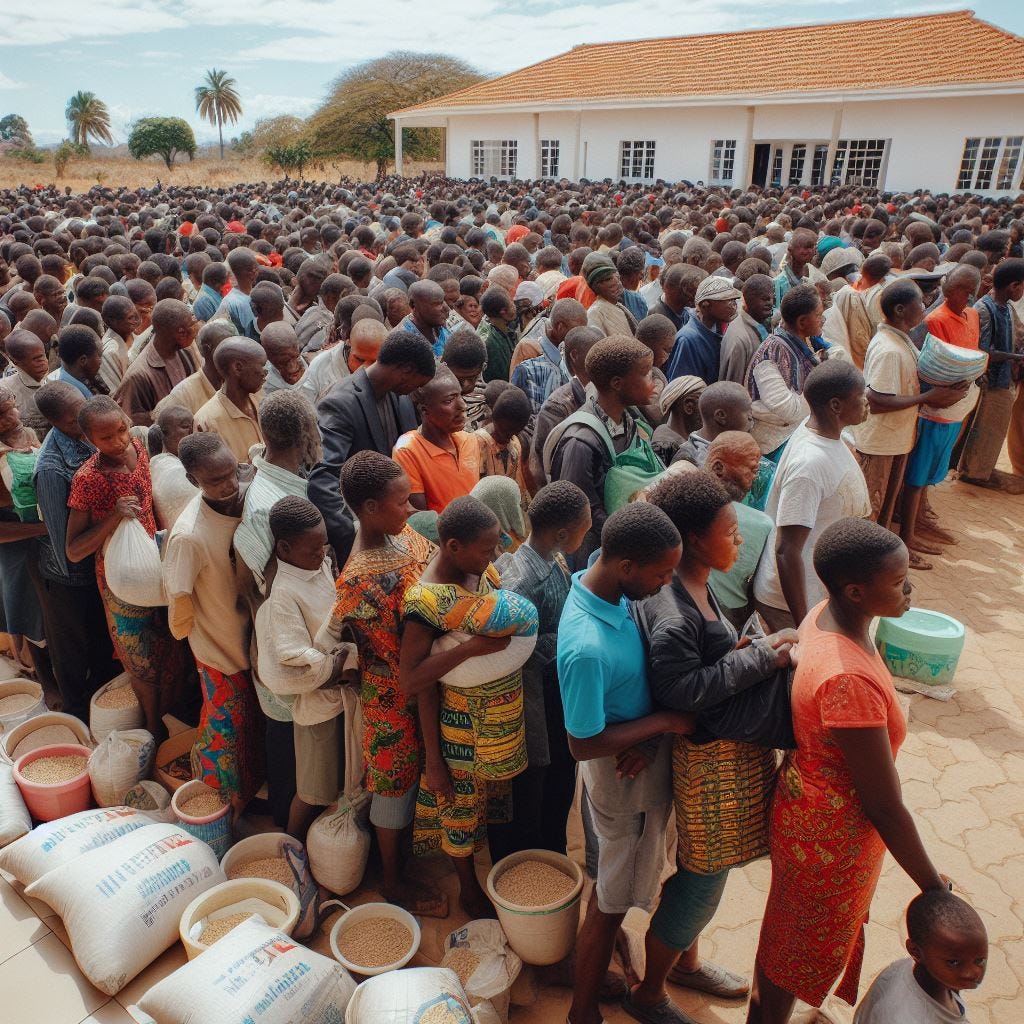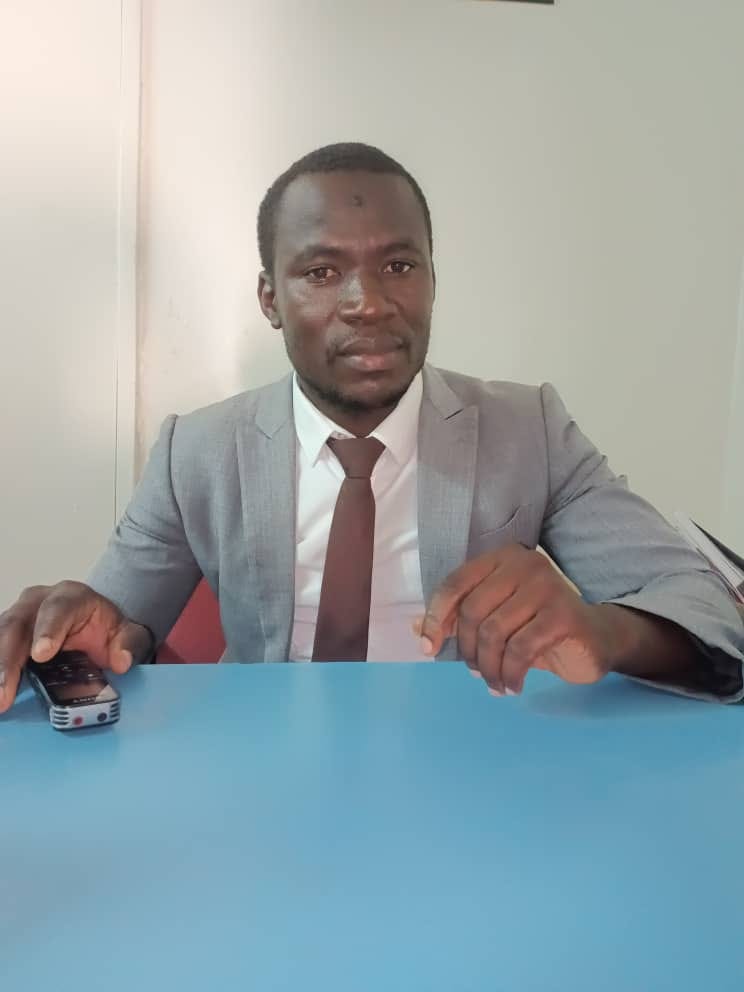COVID-19 Relief Funds "Mismanagement" in Mzuzu Sparks Controversy
To aid in the fight against the pandemic, a COVID-19 reaction package of K17 billion was disbursed and distributed to all municipalities.
Mzuzu, Malawi — Malawi declared a state of national disaster due to the COVID-19 pandemic on March 20, 2020, before reporting its first case on April 2, the same year, writes Tionge Hara.
The government swiftly introduced measures to curb the spread, including a ban on foreign travel, public meetings, and the closure of schools at all levels.
To aid in the fight against the pandemic, a COVID-19 reaction package of K17 billion was disbursed and distributed to all municipalities.
Mzuzu City Council received nearly K95 million as part of this initiative.
The funds were allocated in four installments: K35 million, K30 million, K20 million, and a final K12 million designated for mask purchases.
The monies were intended to boost healthcare infrastructure and public health programs, and provide social and economic support through social cash transfers.
However, recent reports indicate that not all the funds reached their intended beneficiaries. Some recipients of the social economic grants claim they did not receive the promised payments.
Collida Nyasulu, one of the recipients, expressed her frustration, saying, "I only got K35,000 through my Airtel money line for one month, and trying to follow up on why I didn't receive the other months proved futile."
Donard Luwe, another beneficiary, lamented the missed opportunity for additional funds that would have helped him start a small-scale business.
He said, "The funds would have really helped me and my family because I wanted to open a small business that would have sustained us."
McDonald Gondwe, Mzuzu City Public Relations Officer, said that the city assembly was not directly responsible for administering social cash transfers.
Instead, the Covid-19 Urban Catchment Intervention (CUCI), led by the Ministries of Economic Planning and Gender, was responsible for social protection, while the city assembly focused on regular Covid-19 programming.
"CUCI coordinated all social cash transfers funded by various donors, including the World Bank and KFW. What we were doing as an assembly was identifying the beneficiaries," Gondwe explained.
Gondwe acknowledged that discrepancies in registered names could have resulted in some individuals not receiving the funds.
"There are some people who haven't received the funds because of the mismatches," he said.
He also noted that the situation was perplexing, as some individuals who claimed not to have received funds may have been beneficiaries of another project, Give Directly, which required confirmation of fund receipt before additional disbursements.
However, in a conversation with Hellen Simwaka, the District Social Welfare Officer for Mzimba North, it was clarified that the lead was the City, not the district, as those funds were located at the city level.
She stated, “Please note that the City was the lead, not the district, as those funds were with the council and not at our office.”
Dingani Mithi, who's the programs manager for JournAids and also a social commentator emphasized the significance of social cash transfers during humanitarian disasters.
"The issue of social cash transfers in relation to humanitarian disasters, such as those caused by climate change and the impact of COVID-19, is a significant one," Mithi said.
"Social cash transfers are extremely beneficial, as they help reduce poverty and the vulnerability of people affected by disasters."
However, he also raised concerns about transparency, accountability, and beneficiary targeting.
"Reform is needed to ensure that during public health emergencies like COVID-19, we have a clear targeting strategy for the most vulnerable beneficiaries," Mithi stressed. "It’s time for Malawi to reform its social cash transfer system to ensure it reaches those who are highly vulnerable and living below the poverty line, including improving targeting strategies."
Mithi highlighted the need for improving the system, saying, "COVID-19 exposed our weak systems. Many people who were supposed to receive a monthly cash transfer of 35,000 quid only received it once. This highlights issues of transparency and accountability that need to be addressed in Malawi’s system."
The controversy surrounding the distribution of COVID-19 relief funds underscores the importance of transparent and efficient mechanisms to ensure that financial assistance reaches those who need it the most during the crises.





